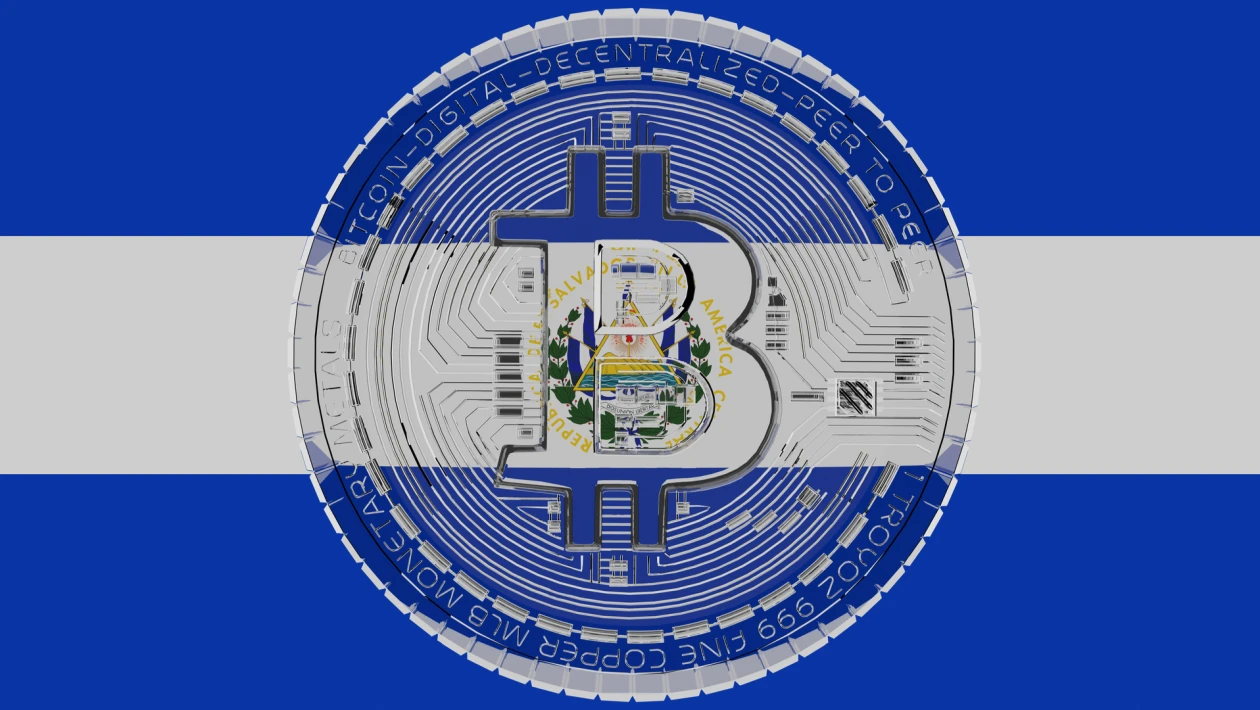Higher Electricity Rates for Home Crypto Miners are Proposed by Russia's Anti-Monopoly Agency.
The Russian anti-monopoly service has advised that Russians who mint digital currencies at home should pay extra for the electricity they use. The suggestion comes after the Russian parliament approved a measure to regulate cryptocurrency mining.
Russian miners who use household electricity should expect higher bills, according to an anti-monopoly organisation.
The Federal Antimonopoly Service (FAS) of Russia has devised a system to charge amateur crypto miners higher electricity costs. The organisation claims that their strategy to addressing the problem of rising home consumption, which is attributable in part to the growing popularity of mining, can lower the pressure on electrical networks.
The Russian Federation maintains differential electricity pricing based on consumer status and region, according to an article in the Rossiyskaya Gazeta newspaper. Businesses subsidise consumer prices with their own tariffs, which can be up to two times higher than the general population's rates.
Private consumers frequently try to profit from their low prices by powering everything from vehicle repair firms to woodworking shops, according to the Community of Energy Consumers. As a result, grids in residential areas are overburdened, as they were not built to handle the increased power use brought on by home mining.
The FAS now wants to establish an electrical consumption threshold, above which higher tariffs will be applied. Thus, domestic needs will be isolated from commercial needs, according to the anti-monopoly service. The consumption of various household equipment, especially those with higher power consumption, such as air conditioners, will be tracked.
Each Russian region will be allowed to determine the quantity of electricity that will be given at preferential prices, taking into consideration factors such as power demand for heating during the winter months and the length of the heating season, the FAS pointed out. The federal government gave regional governments the authority to set their own electricity pricing in December.
The expansion of improvised crypto mining farms minting coins in basements and garages has caused power supply networks in residential areas of numerous regions with historically cheap electricity tariffs, such as Irkutsk Oblast, Krasnoyarsk Krai, and Dagestan, to fail.
Differentiated tariffs are projected to decrease interest in mining and other sources of income at the expense of subsidised residential electricity. The agency anticipates that the new strategy will reduce manufacturing costs for firms, which are then reflected in the prices of their goods and services, lowering inflation.
The suggestion comes as Russian lawmakers consider a new bitcoin mining draught law. The legislation intends to govern the industry in the country, which has abundant low-cost energy resources and pleasant weather. Officials have admitted that Russia's competitive advantages have the potential to convert it into a worldwide mining leader.
















